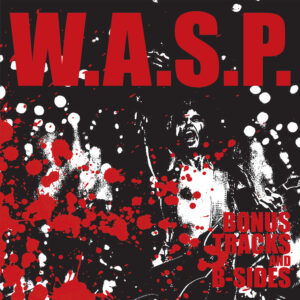U.K. Extends Recording Copyright Term from 50 to 70 Years, Adds Artist-Friendly Rules

The amendments to European copyright laws first voted on by the European Union parliament in 2009 and ratified in 2011 have, another two years later, been implemented in the U.K. as of today, November 1st. The new rules append another 20 years to the copyright term of sound recordings, meaning that records will not be eligible to enter the public domain until 70 years after the work’s first publication. The rule changes were the result of a concerted lobbying effort from the international and European recording industry, members of which sought to harmonize European copyright law with that of the United States, which has a copyright term of 95 years.
While the changes will have appreciable benefits to older artists — especially the three additional rules, explained below, which take effect for the last 20 years of copyright term which the EU put into the law specifically for the benefit of artists — major labels will, of course, see the lion’s share of benefit. (Worth nothing: The change does not effect the copyright term for compositions.)
“The new rules bring lasting benefits for our world class recording artists,” said U.K. Intellectual Property Minister Lord Younger in a statement. “Artists who performed on sound recordings will benefit from this extension of copyright protection from 50 to 70 years. The changes should help ensure that musicians are rewarded for their creativity and hard work throughout their careers.”
The three, “final twenty” rules mentioned previously are:
The ‘Session Fund’ — Where 20% of revenues from sales will go to performers such as session musicians
The ‘Clean Slate’ provision — Where royalty advances paid to performers by producers may not be deducted from those performers’ payments
The ‘Use It or Lose It’ clause — This allows performers and musicians to reclaim their performance rights if they aren’t being “commercially exploited.”
The last above is may be the weakest, since it would seem to require performance rightsholders take relatively minimal action to demonstrate that they continue to commercially exploit a recording.
Source: Billboard


